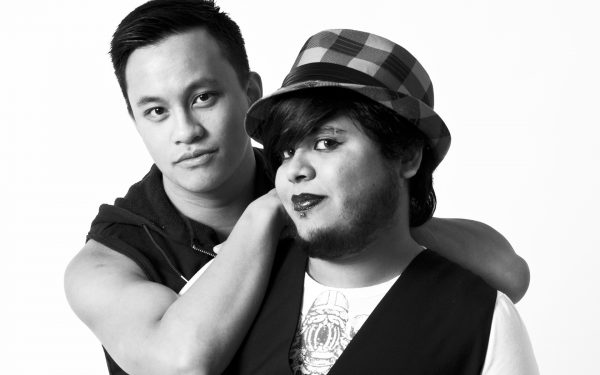The brain is an incredibly powerful sexual command center.
It is our most important organ when it comes to sex and pleasure. The brain controls our emotions and perceptions, as well as the physical reactions associated with excitement and attraction.
Sexual excitement ignites our brain’s pleasure centre, which is what we call the brain’s reward system. For example, when the levels of dopamine and endorphins are increased in the brain, our bodies get a feeling of happiness and well-being. The brain also activates all kinds of reactions throughout the body, such as, when our blood flow increases we become more sensitive to touch and other sensory impressions. Touch, sight, smell, taste, and hearing are processed in the brain. These are all important aspects of desire and sexual hormones.

Sexual arousal can be initiated by pure power of thought, for example when you fantasise about something that turns you on. In fact, it can sometimes be hard to keep your horniness in check, even though it might turn up at an inappropriate time or place (like the shower at the gym). Other times you really wish you could get sexually aroused but your brain seems to be switched off to horniness.
If you’re having sexual problems such as reduced libido, erectile dysfunction or vaginal dryness, the brain might often be a culprit. The same might be true if you have problems with self-esteem or in your personal life. These both impact your sex life. How you are feeling generally, both mentally and physically, also affects your ability to feel desire and horniness. However, not wanting to have sex isn’t necessarily a sign that you don’t feel right. Sexual desire can vary over time and is related to all sorts of factors that affect it. Some people never want to have sex and see themselves as asexual.
The brain changes and develops throughout most of our life, as we live, experience, and learn things. This also often applies to our thoughts and feelings when it comes to love, sex, and pleasure.






